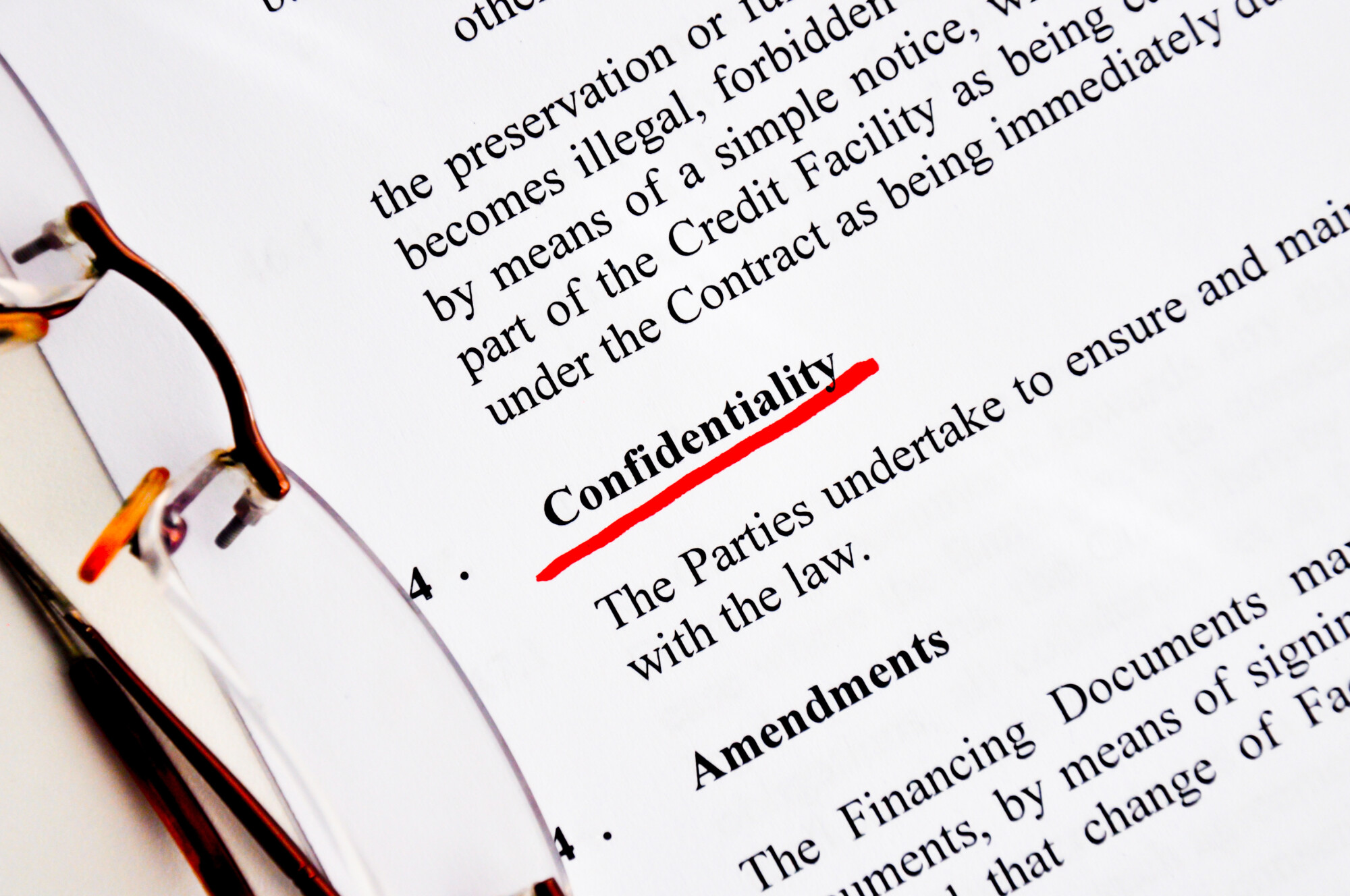
Michigan Labor & Employment Law Blog
 A recent flurry of activity from the National Labor Relations Board and its General Counsel has many employers rethinking “standard” contract clauses which employers have routinely included in employment or separation agreements.
A recent flurry of activity from the National Labor Relations Board and its General Counsel has many employers rethinking “standard” contract clauses which employers have routinely included in employment or separation agreements.
If you routinely place the following types of clauses in agreements with non-supervisory employees, then you should have legal counsel review those agreements in light of recent legal developments:
- Confidentiality of a settlement between the employer and employee
- Non-disparagement of the employer
- Non-competition with the employer
- Non-solicitation of employer’s customers and prospects
Confidentiality and Non-Disparagement Clauses
This year the National Labor Relations Board (NLRB) issued a decision in McLaren Macomb, 372 NLRB No. 58, which was quickly followed by a memorandum from the NLRB’s General Counsel on how to interpret that decision. Reading the opinion and memorandum in combination, the current NLRB considers broadly worded confidentiality and non-disparagement provisions in contracts with non-supervisory employees to be unfair labor practices in violation of the National Labor Relations Act.[1] In particular, the decision held that a non-disparagement clause which prohibited the employee from making “statements to Employer’s employees or to the general public which could disparage or harm the image of Employer, its parent and affiliated entities and their officers, directors, employees, agents and representative” violated the NLRA. The decision also struck down a confidentiality clause in which the employee acknowledged “that the terms of this Agreement are confidential,” and “agree[d] not to disclose them to any third person,” except to a spouse, or as necessary to legal or tax advisors or pursuant to a legal administrative order.
The McLaren decision does not mean that all confidentiality and non-disparagement clauses violate the NLRA. Rather, according to the General Counsel’s memorandum, these clauses must be “narrowly tailored” to fit a permissible purpose. For example, the memorandum suggests that a non-disparagement clause which prohibits the employee from defaming the employer may be lawful. Similarly, a confidentiality clause which is narrowly tailored to restrict the dissemination of proprietary or trade secret information for a period of time based on legitimate business justifications may be lawful.
Non-Competition and Non-Solicitation
As Foster Swift Collins & Smith highlighted earlier this year[2], the NLRB’s General Counsel also issued a memorandum advancing the position that except in limited circumstances, non-compete agreements violate the NLRA. The NLRB recently charged a Michigan corporation with an unfair labor practice for an agreement with an employe which broadly prohibited the employee from soliciting the employer’s employees to work for a different employer. In the same case, the NLRB charged the Michigan corporation with an unfair labor practice for broadly prohibiting the employee from soliciting the employer’s customers to discontinue or reduce the volume or scope of that customer relationship.
What’s Next
Foster Swift Collins & Smith will continue to monitor developments at the NLRB. In the meantime, reach out to one of our employment lawyers to review your current employment and separation agreements to ensure they comply with current law.
[1] 29 U.S.C. §§ 151-166.
[2] Foster, Swift, Collins & Smith, NLRB General Counsel Targets Non-Compete Agreements, (June 6, 2023) https://www.fosterswift.com/communications-NLRB-Targets-Non-Competes-Generally-Unlawful.html.
- Shareholder
Karl has over 25 years of experience representing employers both in and out of the courtroom. Karl regularly advises governmental entities, manufacturers, small businesses, health care providers, and large corporations. He ...

